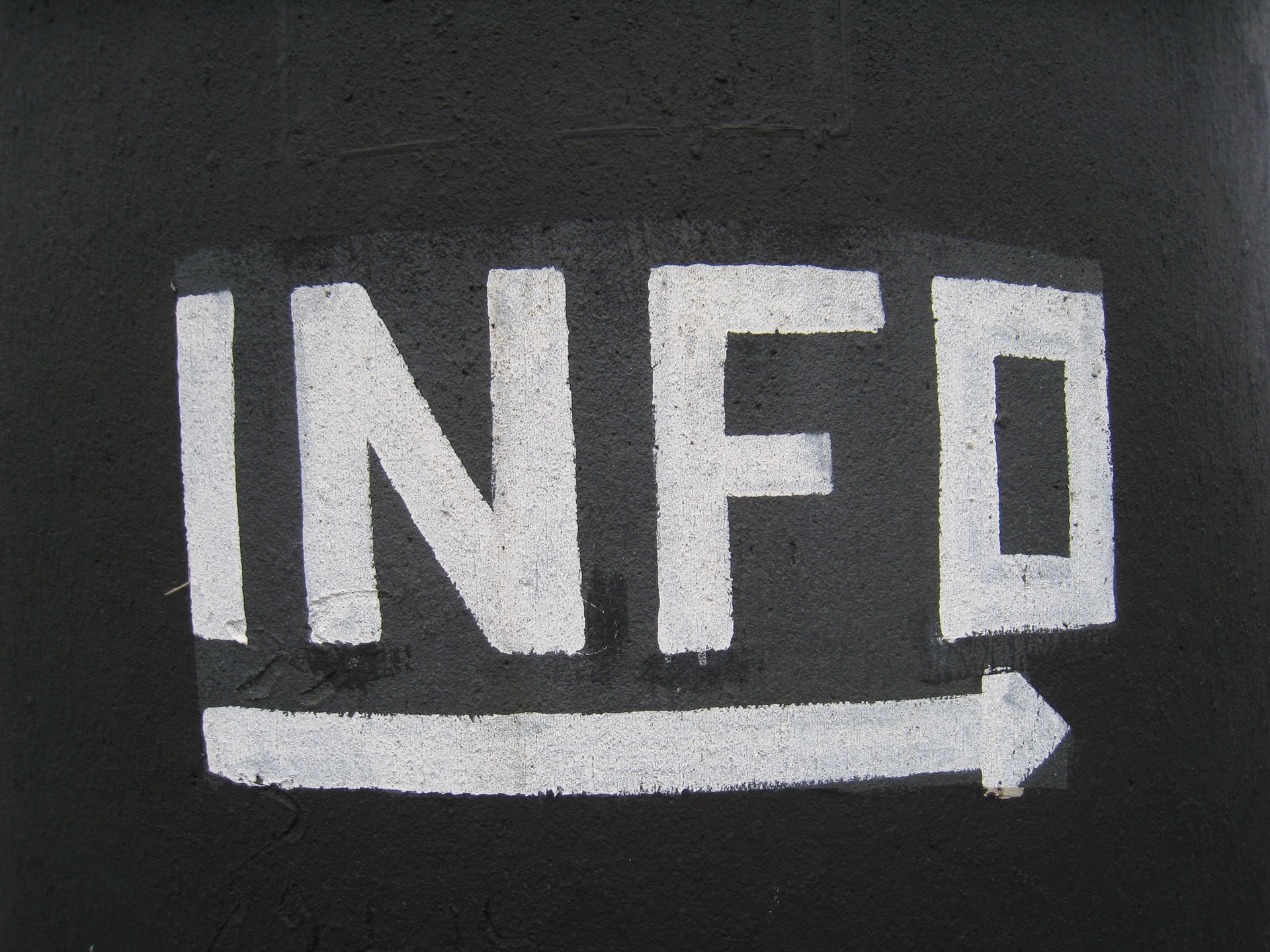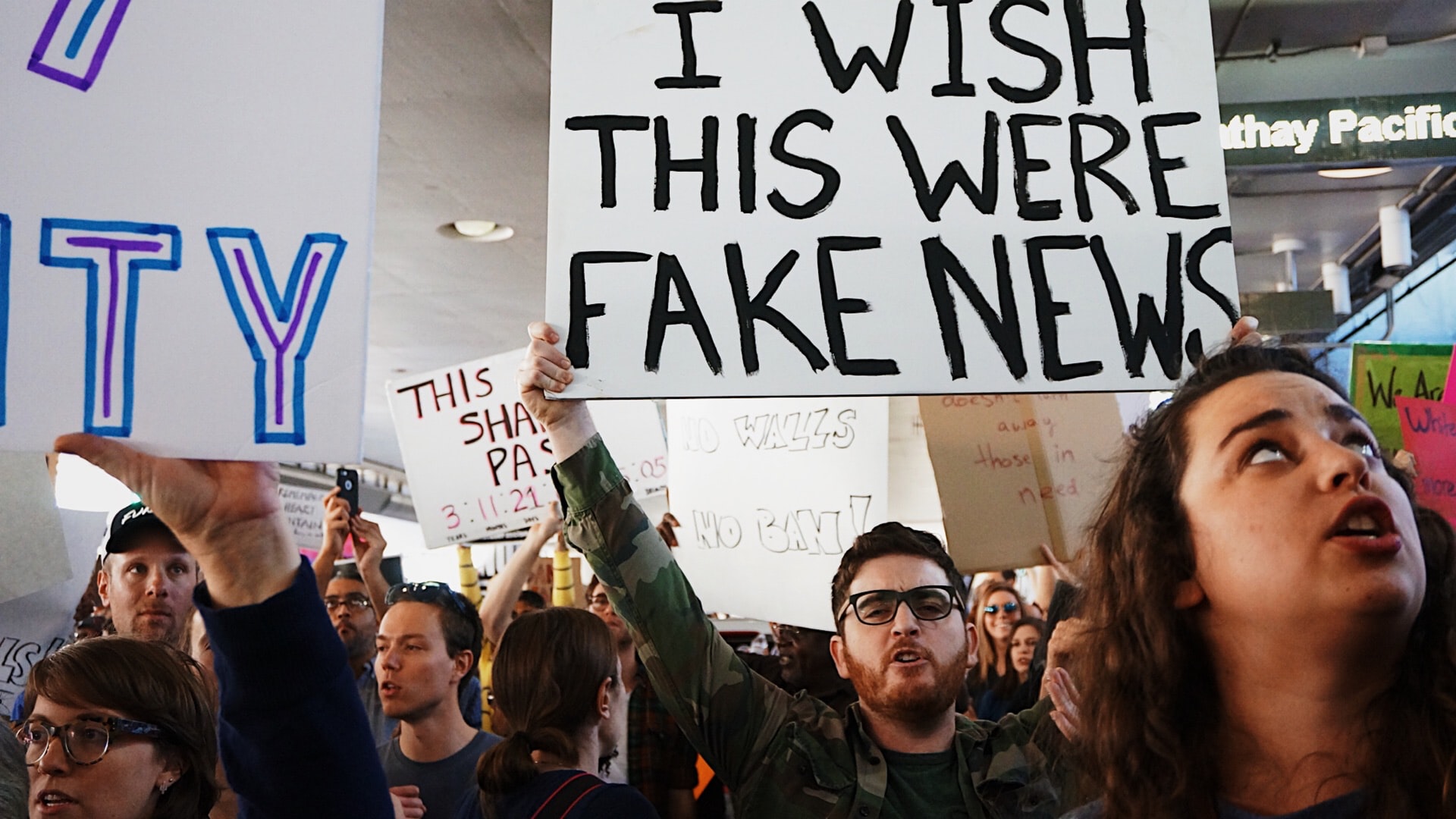In my last blog, I explored the ‘infodemic’ surrounding COVID-19, which sees citizens caught in a growing swirl of information about the pandemic, some of which is intentionally or unintentionally misleading. In the midst of a pandemic, such misinformation and disinformation can be deadly. It is clear that something needs to be done to help citizens navigate this infodemic but what does a good intervention look like? And who can be trusted to take it?
Comments closedTag: Fake news
The news broke last week that about one hundred people in Hungary were under investigation for allegedly publishing false information on the Internet regarding the Covid-19 pandemic. The dire state of media freedom in Hungary is nothing new but the current crisis has possibly exacerbated it, with the Government assuming new emergency powers of unprecedented scale and evident illiberal nature. However, the example of Hungary is just one of many instances where the pandemic has offered a reason, or a pretext, to impose limitations to the free flow of information. These limitations have taken different shapes across the globe, and highlight the thorny political issues that surround the policing of information. Commentators are concerned that many government attempts to tackle ‘fake news’ are problematic on different fronts.
Comments closed
